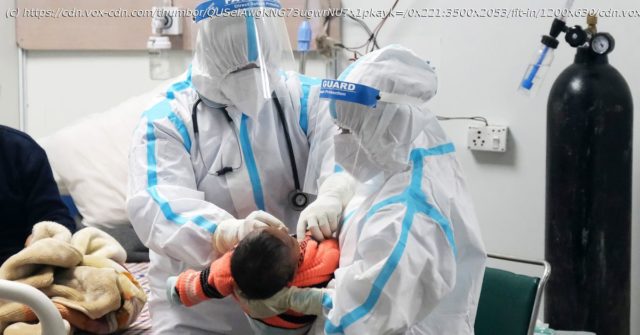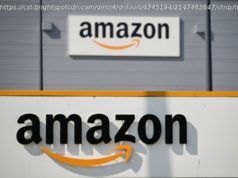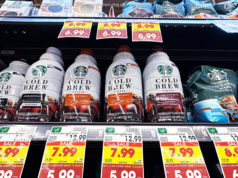Covid-19 vaccines for little kids are critical even though they face lower risks.
Federal regulators are likely to grant emergency approval to the first Covid-19 vaccines for infants and toddlers this week, finally granting protection to roughly 18 million children and closing one of the largest remaining immunization gaps in the population. But while close to 80 percent of people in the United States have had at least one dose of a Covid-19 vaccine, the vaccination rates have declined sharply in younger age brackets, with children between 5 and 12 with the lowest vaccination rates. So even younger children may prove to be the most challenging group to immunize. Independent advisers to the Food and Drug Administration are meeting on Wednesday to consider granting emergency use authorizations for Covid-19 vaccines from Moderna and from Pfizer/BioNTech so that young children can get the injections. Moderna is seeking authorization for a two-dose version of its vaccine for children between the ages of 6 months old and 6 years old. FDA advisers already voted unanimously this week to grant Moderna an emergency use authorization of its vaccine for children between 6 and 17 years old. Pfizer/BioNTech’s vaccine, which is already available for kids older than 5, may gain authorization for kids as young as 6 months old, albeit on a three-dose regimen. The FDA’s analysis of both vaccine trials showed that they are safe and effective at preventing severe disease in their respective age groups. If they get the green light from the FDA and the Centers for Disease Control and Prevention, shots could start going into tiny arms and legs as soon as next week. White House Covid-19 response coordinator Ashish Jha said earlier this month the vaccines could roll out as soon as June 21.
“Our expectation is that within weeks, every parent who wants their child to get vaccinated will be able to get an appointment,” Jha said. For some families, it’s the culmination of an agonizing wait as the US endured wave after wave of Covid-19 infections. The vaccines are also arriving at a confusing time, in which most people in the United States have received one dose of a Covid-19 vaccine but just over one-third have had a booster dose. Meanwhile, Covid-19 cases, hospitalizations, and deaths are holding steady at rates far below their peak this past winter. But with more home testing, many Covid-19 cases are not showing up in the official numbers. Summer heat is also forcing people back indoors and subvariants of the omicron variant of Covid-19 are forming a larger share of new infections. The BA.2.12.1, BA.4, and BA.5 subvariants of omicron are more transmissible and are more likely to cause reinfections and breakthrough infections. Public health guidance is also changing. In many parts of the country, Covid-19 precautions like mask mandates and social distancing requirements are gone. Regulators have also added to the confusion. The FDA initially considered evaluating the Pfizer/BioNTech vaccine for kids under 5 back in February before deciding to wait for more data following the rise of the omicron variant. According to a Politico report, however, FDA officials also wanted to wait until both the Pfizer/BioNTech vaccine and the Moderna vaccine reported their results in children before evaluating them because they thought it would be simpler and less confusing for the public. To add further clarity, here are some answers to questions you may have had about Covid-19 vaccines for babies, toddlers, and little kids. 1) Why is vaccinating little kids so critical? Thankfully, the Covid-19 pandemic has been far less lethal to young children than it has been in adults, and kids are generally less vulnerable to severe disease from the virus. But “lower risk” is not the same thing as “no risk.” According to the CDC, 442 children under the age of 4 have died from Covid-19 through May 2022.






